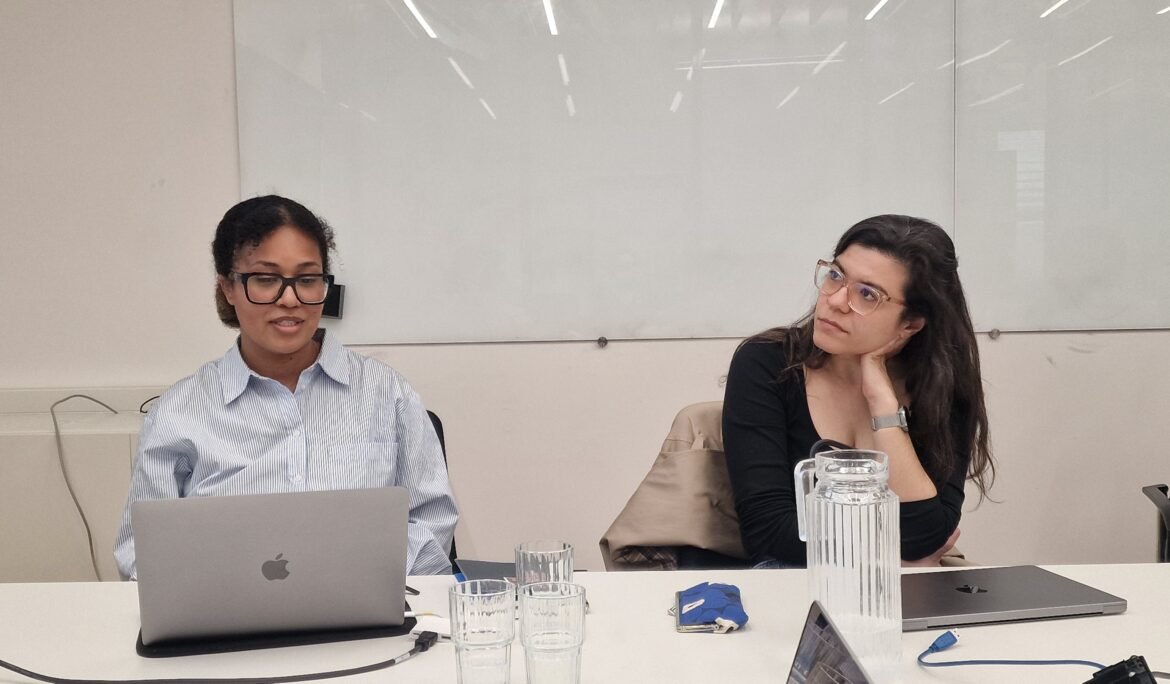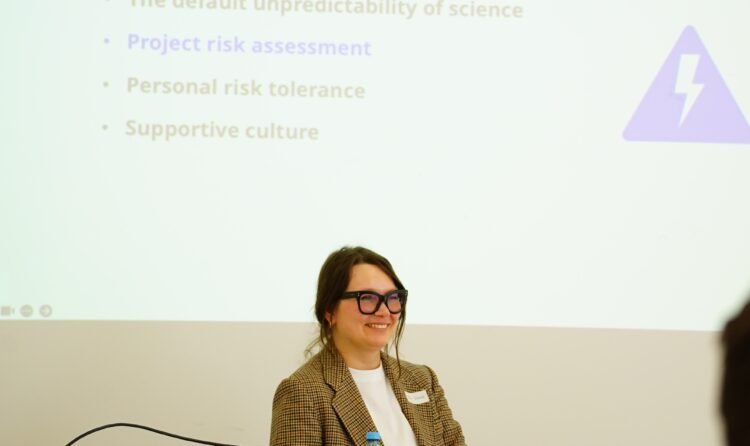LawMLColloq : colloquium of Law and Machine Learning
At LawMLColloq, we continue our journey into the intersection of law and machine learning where scholars and practitioners of diverse disciplines come together to share their knowledge and provide valuable insights.
This time, we were pleased to welcome Emeline Banzuzi and Raysa Benatti to talk about their current research.
Talks
Raysa Benatti: Algorithmic auditing of intimate partner violence risk assessment tools
Prediction algorithms have been increasingly used to support decision making in different domains, having such tools often been evaluated in aspects of accuracy, impact, and fairness. While there seems to be some consensus on their potential to reproduce or amplify pre-existing societal biases, there is debate on how to properly assess their harms and benefits. I propose to partially address such complex and value-charged task from the perspective of algorithmic auditing and policy evaluation. Having intimate partner violence risk assessment tools — such as the Spanish VioGén — as a case study, I introduce a discussion on which questions could help us properly evaluate them.
Emeline Banzuzi: Public (In)security in Smart Cities: Legal Protection Against Ethnic Discrimination in Data-Driven Policing
Smart city technologies facilitate and increase (data- and AI-driven) policing: data points useful for efficient city governance may also be valuable for criminal investigations or to predict and prevent crime. The smart city is thus inherently a surveillant city, with implications on a range of human rights such as the right to privacy and freedom of assembly. Notably, the smart city is also a city capable of entrenching inequality. While a significant amount of legal research on smart cities focuses on the privacy and information security risks they may bring forth, I focus on the discriminatory risks of smart city initiatives. More precisely, I focus on the risk of ethnic discrimination in the surveillance mechanisms operated in and embedded into the smart city – what I shortly refer to as “smart city policing”.
Our speakers:
Raysa Benatti is a PhD student in Computer Science at the University of Tübingen, in the Ethics and Epistemology of Machine Learning research group. Her work is focused in investigating computer science applications to legal and public policy-related settings. Previously, she earned a M.Sc. (2023) and a B.Sc. (2020) in the same field from the University of Campinas (Brazil), and a bachelor’s degree in Law from the University of São Paulo (Brazil).
Emeline Banzuzi, LL.M. is a PhD researcher at the University of Helsinki, Finland, affiliated with the Legal Tech Lab and the Helsinki Institute of Urban and Regional Studies (Urbaria). Her research focuses on non-discrimination and data protection in the context of smart city policing. She holds a master’s degree (LL.M.) in International Technology Law from the Vrije Universiteit Amsterdam and a bachelor’s degree (BA) in European Studies from the University of Amsterdam, the Netherlands.
LawMLColloq is a recurrent forum of interdisciplinary discussions where legal scholars, computer scientists and practitioners of various other disciplines exchange ideas and discuss insights on the challenges of their respective fields.
Please sign up for the institute’s newsletter to never miss an upcoming discussion.







